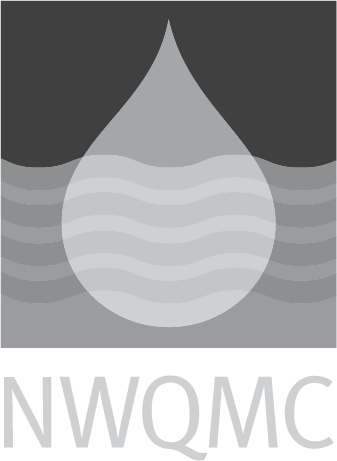EPA-EAD: 607: Nitrosamines in wastewater
|
Official Method Name
|
Method 607-Nitrosamines |
|---|---|
|
Current Revision
| 40 CFR Part 136.3, Appendix A (Current Edition) |
|
Media
|
WATER |
|
Instrumentation
|
Gas Chromatography with Mass Spectrometry Detection |
|
Method Subcategory
|
Organic |
|
Method Source
|
|
|
Citation
|
|
|
Brief Method Summary
|
A measured volume of sample is extracted with methylene chloride. The methylene chloride extract is washed with dilute HCl and concentrated to a volume of 10 mL or less. After the extract has been exchanged to methanol it is separated by GC and the parameters are measured with a nitrogen-phosphorus detector. |
|
Scope and Application
|
This is a gas chromatographic (GC) method applicable to the determination of N-Nitrosodimethylamine, N-Nitrosodiphenylamine, and N-Nitrosodi-n-propylamine in municipal and industrial discharges as provided under 40 CFR 136.1. |
|
Applicable Concentration Range
|
|
|
Interferences
|
(A) Glassware: Must be scrupulously cleaned. Solvent rinsing should be followed by detergent washing with hot water, and rinses with tap water and distilled water. Glassware should then be drained dry and heated in a muffle furnace at 400oC for 15-30 minutes. Solvent rinses with acetone and pesticide quality hexane may be substituted for the muffle furnace. Store glassware inverted or capped with aluminum foil. (B) Co-extraction: The extraction process will sometimes extract certain analytes that may cause possible interference with the target compounds. A Florisil cleanup procedure is described in Section 11 of the method. (C) Care must be exercised in the heating or concentrating of solutions containing N-Nitrosodiphenylamine in the presence of reactive amines due to the potential for transnitrosation reactions. |
|
Quality Control Requirements
|
Initial demonstration of laboratory capability and an ongoing analysis of spiked samples to evaluate and document data quality. |
|
Sample Handling
|
Grab samples must be collected in amber or foil-wrapped glass containers using conventional sampling practices, with the exception that the bottle must not be prerinsed with sample before collection. Store samples away from light. Samples should be iced or kept refrigerated at 4oC from time of collection to time of extraction. |
|
Maximum Holding Time
|
Extract within 7 days of collection. Analyze within 40 days of extraction. |
|
Relative Cost
|
$201 to $400 |
|
Sample Preparation Methods
|




